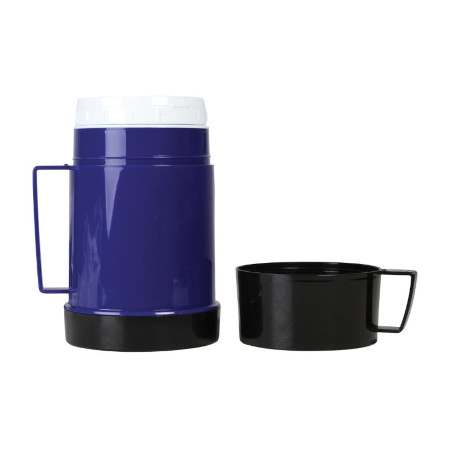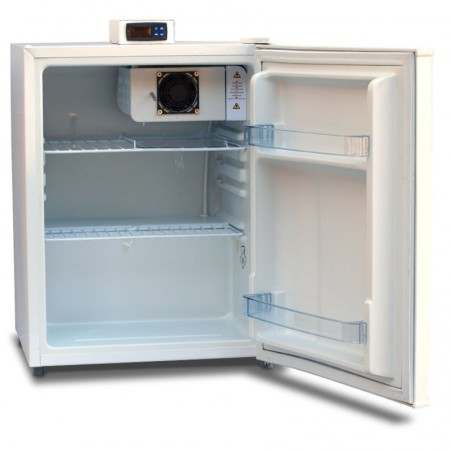High levels of reproductive failure were detected in some Spanish sow farms in the Spring of 2010. Twelve farms were located in the South and Southwest (Andalucía, Murcia, Valencia and Castilla la Mancha), 8 farms were located in the Northwest (Galicia) and 21 farms were located in the North-East (Aragón and Cataluña). Regular return to estrus was observed after 17–22 days of insemination with seminal doses (from different boar studs) distributed in plastic bags. In some cases, a reduction in litter size was reported. The problem started suddenly and all internal and external sperm quality controls, such as tests for membrane functionality, abnormal forms, concentration, sperm motility and acrosome status, had produced satisfactory results when the tests were performed during semen processing, transport and farm storage. No changes in health status, feeding strategy or body condition of the sows were observed. Neither disease, season, parity, stress, poor semen nor insemination technique were established as a cause of this problem. After determining the origin of the batch bags with high return rate using a tracking system, the origin of the problem was focused on plastic bags. This hypothesis was reinforced when suspicious bags were removed and replaced by the previous validated batches, and the farms recovered the normal reproduction rates.
Chemical analysis of the suspicious bags identified unexpected compounds such as BADGE, a cyclic lactone and an unknown phthalate that leached into the semen at concentrations of 0.2 to 2.5 mg/L.

Spermatozoa were tested in direct contact with the potential toxic compounds. Sperm quality parameters were tested and no abnormal results were observed in any of the groups, P (storage) and P (storage × treatment).
In vitro tests: the aim of this test was to highlight the action of identified toxic compounds in suspicious semen bags based on the oocyte penetration process by spermatozoa. For this reason, the tests were performed in different groups of sperm: sperm stored in suspicious bags, sperm stored in control bags and sperm stored in glass vials and spiked with the different toxic compounds. The results did not show any significant difference in terms of the penetration rate nor in the penetrated sperm per oocyte between the groups.
Endocrine profiler panel analysis (EPP) did not show any alteration.
In vivo fecundation tests: to confirm the reproductive failure, an in vivo fecundation test was performed using sperm diluted and spiked with a mixture of toxic compounds (2.5 mg/L of cyclic lactone, 1.5 mg/L of cyclic phthalate, 0.4 mg/L BADGE, 0.4 mg/L of BADGE-H2O and 0.2 mg/L of BADGE-2H2O). Breeding of sows was performed in two groups of 50 sows (2 replicates of 25 for each case: sperm with toxic compounds and sperm control). A significant reduction in total born was observed when spiked sperm was used instead of control sperm. The fertility rate decreased from 84 to 58%, and total born decreased from 231 to 70 (P < 0.0001). The results obtained confirmed the previous findings.
This is the first described relationship between reproductive failure and toxic compounds released from plastic bags.
C. Nerin, J. L. Ubeda, P. Alfaro, Y. Dahmani, M. Aznar, E. Canellas & R. Ausejo. Compounds from multilayer plastic bags cause reproductive failures in artificial insemination. Scientific Reports 4, Article number: 4913. doi:10.1038/srep04913






